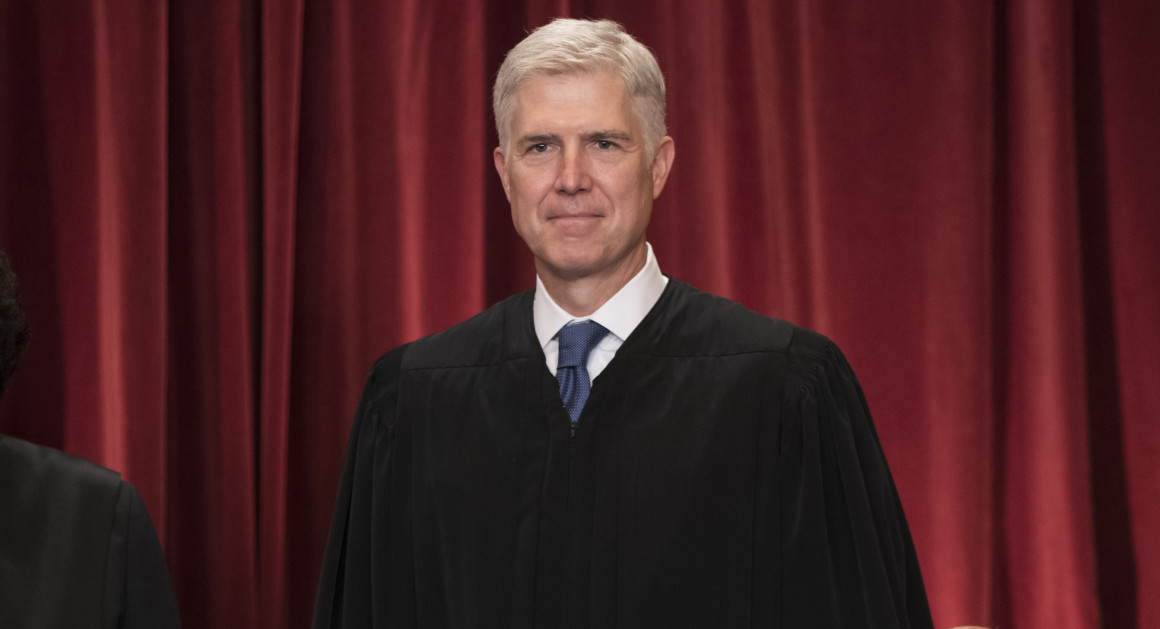In the ever-evolving landscape of the United States Supreme Court, Justice Neil Gorsuch continues to be a pivotal figure. Appointed by President Donald Trump in 2017, Gorsuch has been at the center of numerous landmark decisions and legal debates. This article delves into the most recent developments and insights surrounding Neil Gorsuch, providing a comprehensive overview of his influence and the implications of his judicial philosophy.
Key Takeaways
- Justice Neil Gorsuch remains a significant influence on the Supreme Court, shaping major rulings and legal interpretations.
- His judicial philosophy emphasizes textualism and originalism, impacting decisions on critical issues.
- Recent rulings and opinions by Gorsuch highlight his stance on individual liberties and federal authority.
- The implications of Gorsuch’s decisions extend beyond the courtroom, affecting American society and legal precedents.
Understanding Neil Gorsuch’s Judicial Philosophy
Justice Neil Gorsuch is widely recognized for his commitment to textualism and originalism. These legal philosophies guide his interpretation of the Constitution and statutory law. Textualism focuses on the plain meaning of the legal text, while originalism emphasizes the intent of the framers at the time of enactment. Gorsuch’s adherence to these principles often aligns him with conservative outcomes, though his rulings sometimes defy traditional partisan expectations.
Textualism in Action
One of the most notable examples of Gorsuch’s textualist approach was his opinion in the landmark case of Bostock v. Clayton County in 2020. In this case, Gorsuch wrote the majority opinion, ruling that Title VII of the Civil Rights Act of 1964 protects employees from discrimination based on sexual orientation and gender identity. This decision showcased his commitment to interpreting the statutory text as written, without inferring legislative intent beyond the words themselves.

Originalism and Its Impact
Gorsuch’s originalist approach is evident in cases involving constitutional interpretation. His opinions often reflect a desire to preserve the framers’ original intentions, particularly in matters of federal authority and individual rights. This perspective influences his stance on issues such as gun rights, religious freedom, and the separation of powers.
Recent Neil Gorsuch News and Rulings
In recent months, Neil Gorsuch has been involved in several high-profile cases that have captured public attention. These cases highlight his ongoing influence on the Supreme Court and the broader legal landscape.
Decisions on Individual Liberties
Gorsuch has consistently advocated for the protection of individual liberties, often siding with rulings that emphasize personal freedoms. For instance, in cases involving religious liberty, he has supported decisions that uphold the rights of individuals and organizations to exercise their religious beliefs without undue government interference.
Federal Authority and State Rights
Another area where Gorsuch has made a significant impact is in the balance of power between federal and state authorities. His opinions often reflect a skepticism of expansive federal power, advocating for a more limited role of the federal government and greater autonomy for states. This perspective has been evident in recent rulings concerning environmental regulations and healthcare mandates.
The Broader Implications of Gorsuch’s Influence
Justice Neil Gorsuch’s decisions have far-reaching implications, shaping not only legal precedents but also societal norms. His rulings often serve as a catalyst for public debate, influencing discussions on civil rights, government authority, and the role of the judiciary.

Impact on Civil Rights
Gorsuch’s decisions in cases like Bostock v. Clayton County have had a profound impact on civil rights, expanding protections for marginalized groups. These rulings contribute to the ongoing evolution of civil rights law in the United States, prompting further legal challenges and legislative action.
Shaping the Judiciary’s Role
As a prominent figure on the Supreme Court, Gorsuch plays a crucial role in shaping the judiciary’s approach to interpreting the law. His commitment to textualism and originalism influences the Court’s methodology, potentially affecting future generations of judges and legal scholars.
Justice Neil Gorsuch remains a pivotal figure in the American legal landscape, with his judicial philosophy and recent rulings continuing to shape the Supreme Court’s trajectory. His influence extends beyond individual cases, impacting broader societal and legal trends. As the nation navigates complex legal and constitutional issues, Gorsuch’s role on the Court will undoubtedly remain a subject of keen interest and ongoing analysis.
For those following Neil Gorsuch news, understanding his judicial philosophy and recent decisions provides valuable insights into the evolving dynamics of the Supreme Court and its impact on American society.